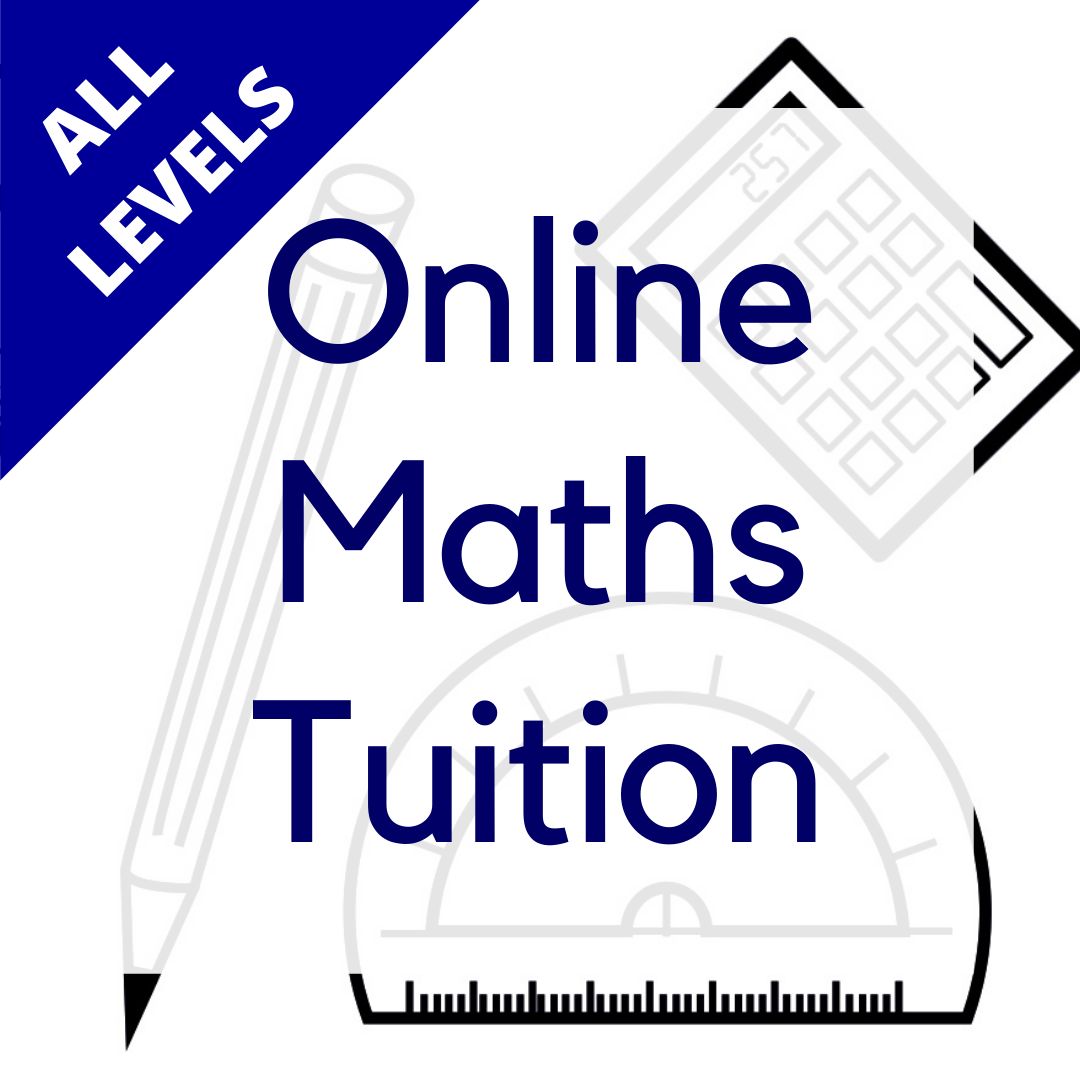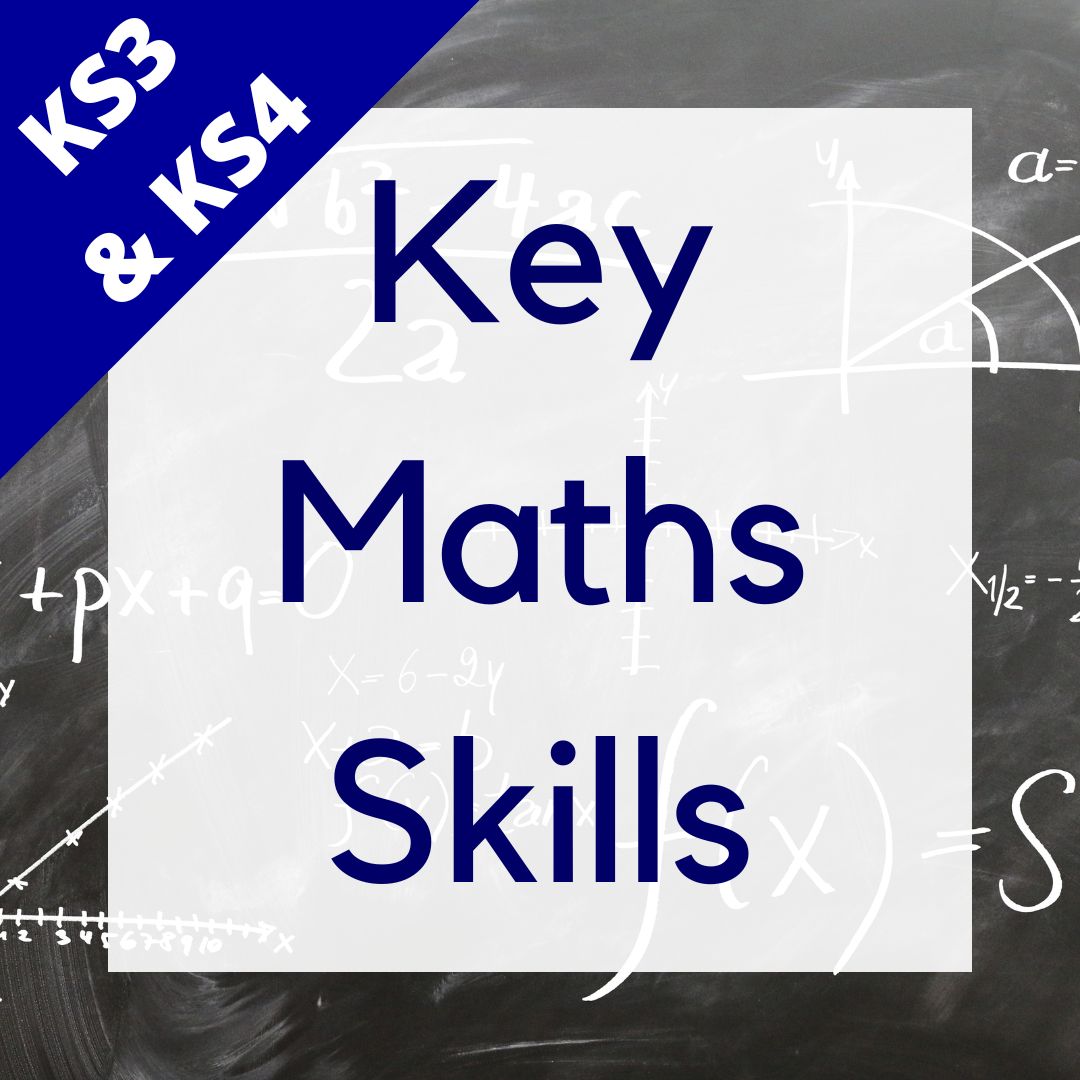Which one is better? How does it work? Will it suit you? Let me tell you my experience and my students' opinion for both local and online maths tuition.
Spoiler alert: the answer is that there's not the one best way. Each type of tuition is, simply, different. Not necessarily better or worse.
When I started tutoring maths (14 years ago - I feel OLD now! update 2020), it was with local students only. That used to be (update 2020 in the post-COVID-19 world =) the most common way of maths tuition I'd say. At least those days. But I see online maths tuition is becoming more popular nowadays or literally necessary (update 2020 in the post-COVID-19 world =)
You can imagine that online tuition might work well when learning foreign languages, right? Just having a conversation, ideally with a native speaker (who most often would live in their homeland anyway, so online tuition might be the only option), but how does it work in terms of maths online tuition? Do you need it? What are the benefits? Which one is better?
Local/face-to-face maths tuition: Traditionally, the tutor comes to your place, or you come to theirs, alternatively you meet each other in a local library, etc. You have your session, see and hear all you need, you ask all question and ideally get all your answers straight (even though bear in mind tutors are humans too, so if they don't know some answer, they will answer it next time, or later when come home and do necessary research).
Seems practically ideal, right? But how about when you don't have any suitable tutor near to your place? Do you want to commute too far? Do you want to pay an extra fee for tutor's exceptional travel costs? I'm not even talking about the extra time it takes, either to you or the tutor. And there's also one thing which may be a problem when having face-to-face tuition: setting a common time. Do you have a super tutor near you? Awesome. But what if they are already fully booked? Or you have free time only when the tutor doesn't? That may be a problem.
So even when face-to-face tuition seems to be the best option, as it's traditional and most convenient, the location or time (un)availability might be a problem.
In that case - move to the option number two:
Online tuition: Here you don't need to have your chosen tutor living near to you and in some cases, you don't even need a common time (woow! I'll explain later) - on the other side you need at least a good internet connection and microphone and headphones (if your computer or laptop doesn't have it already integrated), to be able to run a decent video call (but even this could be avoided as I'll also explain later). So how does it work, this maths online tuition?
You set the time with the tutor, preferably some sort of online whiteboard where you can both draw and write and having a video call at the same time, and you see live what the other side does there. Sharing a screen is also an option for one way presentation. As much as this may seem to be a bit more awkward comparing to face-to-face tuition, I learnt to disagree.
From the tutor's perspective: it gives me more time flexibility I can offer to students as I cut out the commuting time and I also don't have to book students depending on location - I can teach in one day students from different parts of the town, county or even from a different country - so no more saying "I can't offer Tuesday to you as I teach in different area that day, but I have a student nearby to your place on Thursday, would that be ok?".
From the student's perspective: You may probably feel more chilled as there isn't anyone physically next to you watching your every move. I still watch what you write on the whiteboard, but you may want to prefer to scribble some notes on a paper first perhaps before you'd present it on a shared screen to me. This is especially useful when the tutor is new to you or when you feel fairly week at maths (which is usually the reason to start tuition in the first place). I feel confident enough saying that most of my students get used to me very quickly and found me friendly enough to be happy with face to face tuition but the online lessons that help create distance seem to break the ice (if there's any at all) way quicker.
So if you live too far from any decent tutor or maybe travel a lot or simply cannot meet your tutor locally (or simply don't want to be meeting a tutor in person), then online maths tuition is right for you. The biggest problem here might generally be problems with the internet connection or low quality of the video call. And getting used to doing your maths on the online whiteboard instead of using paper and pen. But those are things easy to overcome and most of my students who tried both options and therefore could compare the difference, prefer online lessons over fate to face tuition.
But now, what if you do have problems with an internet connection. Or what if you really struggle to find any decent time to meet fairly flexible but still limited tutor's free time? In case you know that face-to-face nor online tuition won't work for you, there's an option number three (tadaa):
Distance tuition: What is that? Isn't it just another label for online tuition? Yes and no. I personally distinguish classic online tuition and distance (or as I call it offline) tuition. Here we go even further, students don't need to live near the tutor, don't need to have free time matching to tutor's free time, don't even need high tech equipment. Only an internet connection is needed (doesn't matter if slow). That's all. So how does this work? When saying distance maths tuition, that means what I often do as a maths tutor: getting maths questions from students and checking their work and finishing what they didn't know in my own free time, writing everything on the paper with as many notes and steps as needed for the student to understand the method of solving. Students then go through the solved maths work in their own free time. Win-win. The only thing you miss here is the instant interaction with the tutor. But all questions can be always answered later, either in written form again or when needed and wanted, then set together a classic online session as described above.
Advantages are definitely these: no restriction in terms of location and timing. For this form of tuition, you should be a bit more disciplined to be able to read through the notes and learn on your own from them, not being lead by the tutor every single minute of the time you dedicate to your learning. But this could be seen as an advantage too as it will actually encourage you to learn independently (with the option of a little bit of more traditional help from your tutor when setting optional online session). This works better for older students, but those young ones could also be tutored this way, with some help from parents or older siblings going through the solved maths work with them.
And the biggest advantage of distance tuition, despite the fact it's a quite unusual form of tutoring, is that this could be a very quick solution if you have maths emergency: I get very often maths enquiries from students seeking quick help. And no matter where they live and what their time availability is, I can work on their assignment the first minute I have a little bit of free time and don't have to set any suitable timing with the student. The work could be fairly often finished the same day I got the assignment. Of course, I'm also only a human, so don't expect me to be ready 24 hours a day all year round, especially during certain busy weeks before exams, when full-time tutors, as I am, barely sleep how busy they are to tutor everyone who needs them =) But even during that time distance tuition is still an option, just bear in mind, if you know in advance that you'll need help with maths, don't leave it for the last minute.
So, what type of maths tuition is the best for you?
If you don't actually need any, you're the winner! =) But if you do... think what form of maths tuition you'd prefer and browse my references to find out what my students said about all those options to help you decide which type might be the best for you.
P.S. In this article, I haven't covered the differences between one to one and group tuition, just the general idea of what could face to face, online and distance tuition look like.






